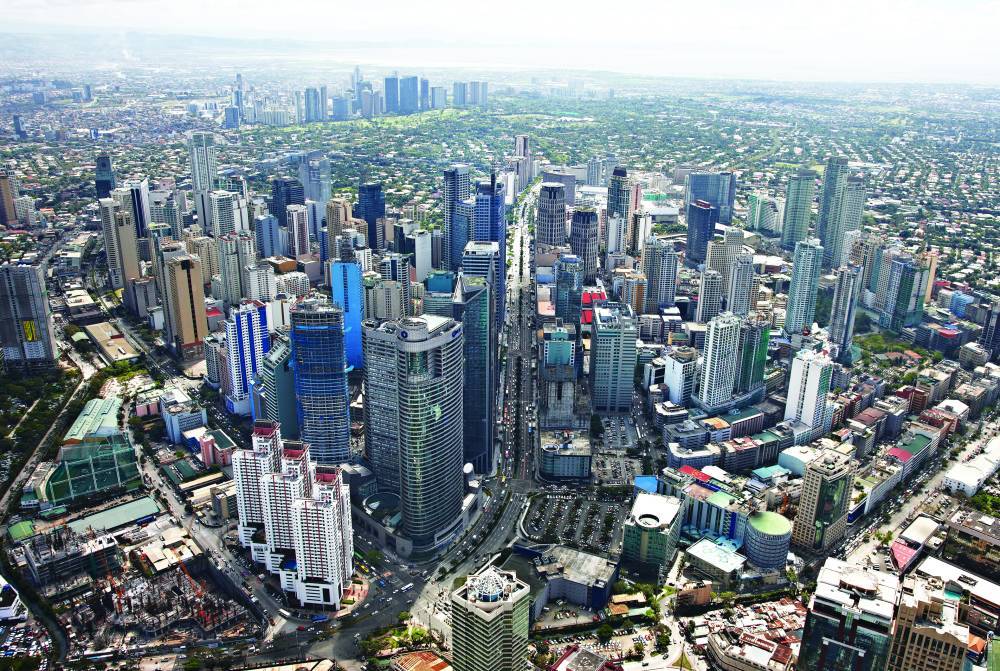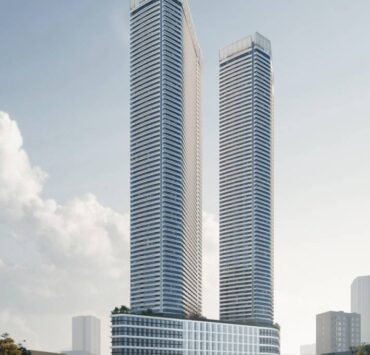Land lease extension a boon to PH property

The House of Representatives and the Senate last month approved separate measures that allow foreigners to lease land up to 99 years from the current 75 years.
The said proposed bills, which are among the priorities of President Ferdinand Marcos Jr., will amend the Investors’ Lease Act, which is already more than three decades old. Besides complementing other reforms such as the Corporate Recovery and Tax Incentives for Enterprises to Maximize Opportunities for Reinvigorating the Economy (CREATE MORE) and Ease of Paying Taxes (EOPT), these measures are also aimed at making the Philippines an attractive investment destination in the region.
A positive for Philippine property
Colliers believes that the approval of measures presents tremendous opportunities for the property sector especially for industrial and leisure segments.
Extending land lease, among other proposed amendments, is crucial to attracting more foreign hospitality and manufacturing players, as they bring a lot of fresh capital to the Philippines. This, Colliers believes, is a step in the right direction as foreign companies seek to establish profitability and expand footprint across the Philippines.
This will also be important if we want to attract more investors going out of China and Taiwan, and to make the Philippines a major beneficiary of the ‘China plus one’ strategy of global manufacturing companies.

Benefits to property players
In the leisure sector, Philippine developers can partner with foreign hospitality brands that are expected to enter the market to develop more accommodation facilities and convention centers across the country.
This will allow developers to maximize the Philippines’ improving infrastructure backbone. The government has been particularly aggressive in rehabilitating and modernizing airports nationwide. Such efforts are essential to meeting the government’s lofty goal of attracting 12 million international visitors by 2028.
At the same time, the presence of more hospitality players will help pave the way for the emergence of more tourist destinations outside the already popular Cebu, Bacolod, Iloilo, Davao, Bohol, and Palawan.
Philippine developers with expansive industrial footprint should also take advantage of the entry and expansion of manufacturing locators by enticing them to put up facilities within their industrial parks and occupy warehouses and cold chain facilities.
With more investments in the country given the land lease term extension, Colliers sees the creation of more industrial zones outside established hubs namely Central Luzon and the Cavite-Laguna-Batangas (CALABA) corridor. These industrial investments are further seen to improve the country’s supply chains, resulting in a more robust industrial sector.
The extension of lease term, complemented by more attractive fiscal and non-fiscal perks provided by the Philippine government, will also enable the country to attract multi-billion manufacturing FDIs, similar to what our Asean peers, like Vietnam, Indonesia, and Thailand, attract. This should then help position the Philippines as a viable manufacturing hub in Southeast Asia.

Unlocking land and property values
While the industrial and leisure segments are already two of the most resilient sectors of the Philippine property market, we see greater growth trajectory once we entice more foreign players to invest in the Philippines.
These investments, in turn, will help further unlock land and property values especially in major growth areas outside Metro Manila, including Central Luzon, CALABA corridor, Western Visayas, Central Visayas, Davao Region, and Northern Mindanao. These will also encourage developers to create in these areas more massive townships offering leisure-oriented and resort-themed projects.
Additionally, these measures will likely have a positive spillover effect on other support industries, which should hasten the country’s ability to achieve inclusive growth.
Inclusive growth
Overall, we are optimistic that the proposed enactment of these bills will result in a more inclusive growth for the Philippine economy and property sector.
The measures should support the economy’s growth trajectory and eventually transform the country as a preferred hub of foreign investors, including those investing heavily in property.
Email the author at joey.bondoc@colliers.com
Prior to joining Colliers in March 2016, Joey worked as a Research Manager for a research and consutancy firm where he handled business, political, and macroeconomic analysis. He took part in a number of consultancy projects with multilateral agencies and provided research support and policy recommendations to key government officials and top executives of MNCs in the Philippines.


















